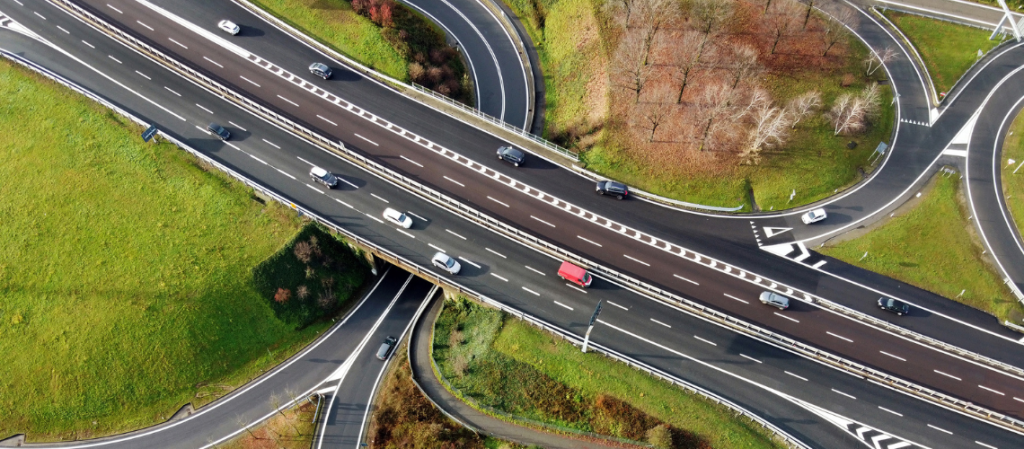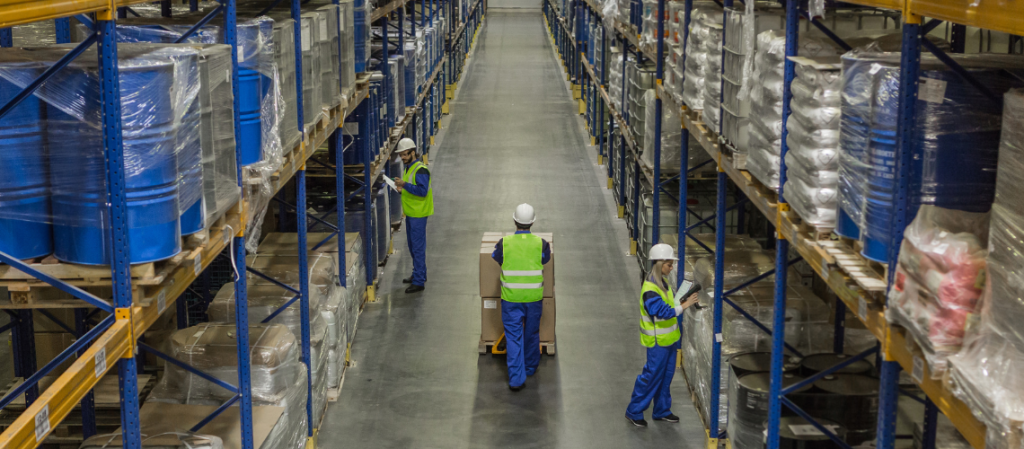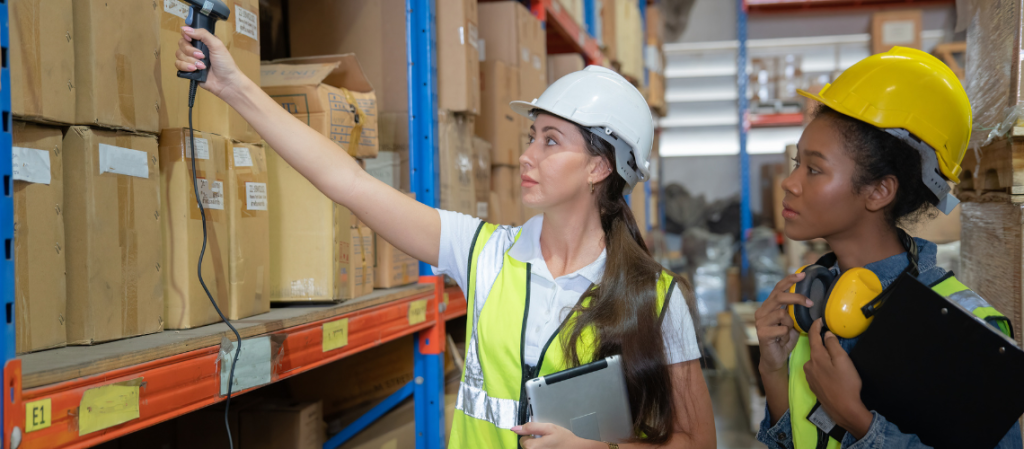Yesterday’s (11 June 2025) Spending Review saw Chancellor Rachel Reeves roll out a range of investments in housing, transport infrastructure, R&D, decarbonisation, and skills – but the warehousing and logistics sector, responsible for underpinning these priorities, was left largely unaddressed.
The UKWA was quick to highlight this oversight. CEO Clare Bottle described the Review as “a missed opportunity to support the UK’s crucial logistics sector”. Despite welcome support for housing and rail, Bottle stressed that government investment must enable the supply chains that serve them: logistics supports defence, nuclear and life sciences sectors requiring specialist storage and transport, and even a single new home needs around 100 sq ft of warehousing. Yet, by scrapping funding for Generation Logistics, ministers signalled that this vital 400,000-employee industry is not a funding priority.
Infrastructure: Slow Planning & Grid Delays
UKWA also raised alarms about persistent planning delays and bottlenecks like slow connections to the electricity grid, which hamper logistics expansion. They urged the government to bolster planning officer capacity, streamline grid connections, invest in training, and review business rates for warehouses motor transport.
Echoing this concern, the Road Haulage Association (RHA) noted that while road and rail budgets were announced, actual capital funding for the Strategic Road Network appears lower in real terms than the previous road investment period. This is especially worrying as new housing and warehouse hubs depend on reliable road infrastructure for freight movement.


Green Transition: EV Charging vs HGV Readiness
In positive news, the Review pledges £2.6 bn to decarbonise transport (2026-2030), including £1.4 bn for EVs – covering vans and HGVs – and £400m for charging infrastructure. Fleet operators and charging advocates welcomed this commitment, highlighting its potential to accelerate EV uptake.
But hurdles remain: the RHA warns that most haulage operators have no current plans to transition to zero-emission vehicles without supportive financing and infrastructure. HGV charging availability and investment in local grid infrastructure must keep pace to enable meaningful decarbonisation.
Skills Boost: Training Gains, But Is It Enough?
On the skills front, a £1.2 bn annual increase in spending (to 2028–29) offers a significant boost. This echoes UKWA’s longstanding calls for investment in workforce development – including apprenticeships and Generation Logistics – to tackle labour shortages.
However, without dedicated logistics funding streams, these funds risk being absorbed elsewhere. UKWA stressed the need for flexible training support tailored to warehouse settings, while RHA flagged the necessity of 200,000 additional HGV drivers by 2030 to meet demand London.


What's At Stake?
- Capacity constraints: Without investment in planning systems, grid connections, business rates reform, and road infrastructure, warehouse expansion and logistics efficiency will be limited.
- Climate targets at risk: EV and decarbonisation plans stand or fall on HGV charge-point networks, financing mechanisms, and upstream infrastructure readiness.
- Labour pain: Training initiatives are welcome – but apprenticeships and the Generation Logistics campaign need long-term financial backing to fill jobs and upskill the sector.
Final Word
The government’s Spending Review rightly highlights housing, transport, science, and green agendas – but logistics mustn’t be an afterthought. As UKWA put it, warehouses and freight are the backbone of the UK economy. These sectors don’t just support headline investments – they make them possible.
If logistics remains sidelined, we risk undermining the very ambitions the Budget aims to drive: from housing and renewable energy to manufacturing and net-zero targets. It’s time for government to put its money where the supply chain is.

Speak With An Expert
Submit your details below and we’ll be in touch.

